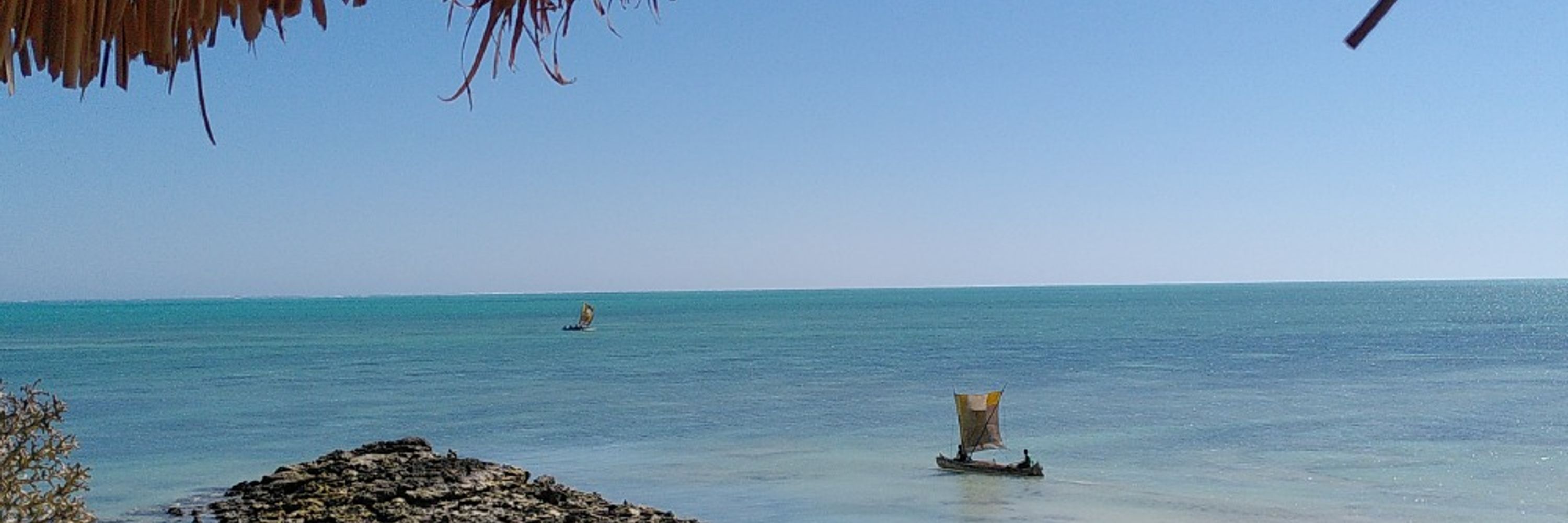
From France and now in Bonnie Edinburgh
Sarah is leaving the Roslin and starting her group in @exeter.ac.uk, she will be missed !
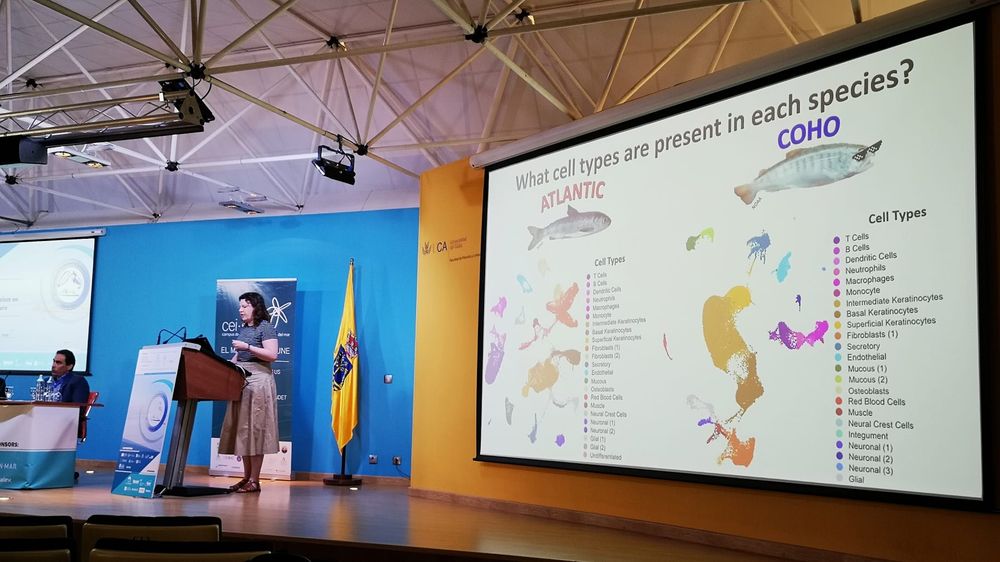
Sarah is leaving the Roslin and starting her group in @exeter.ac.uk, she will be missed !
🧪🧬🖥️
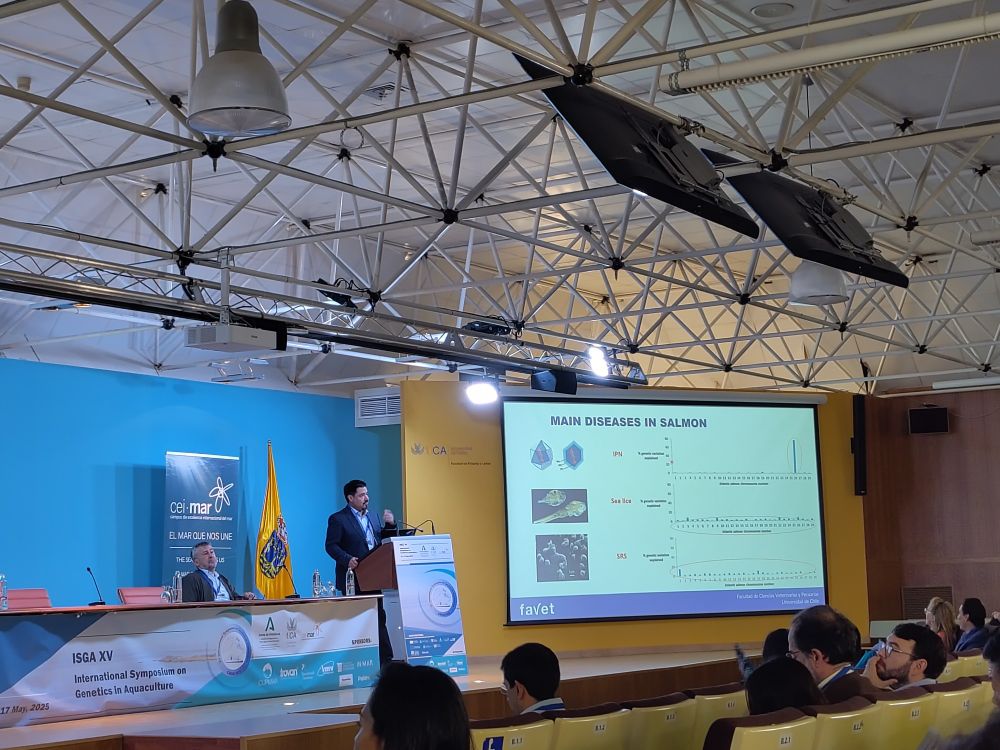
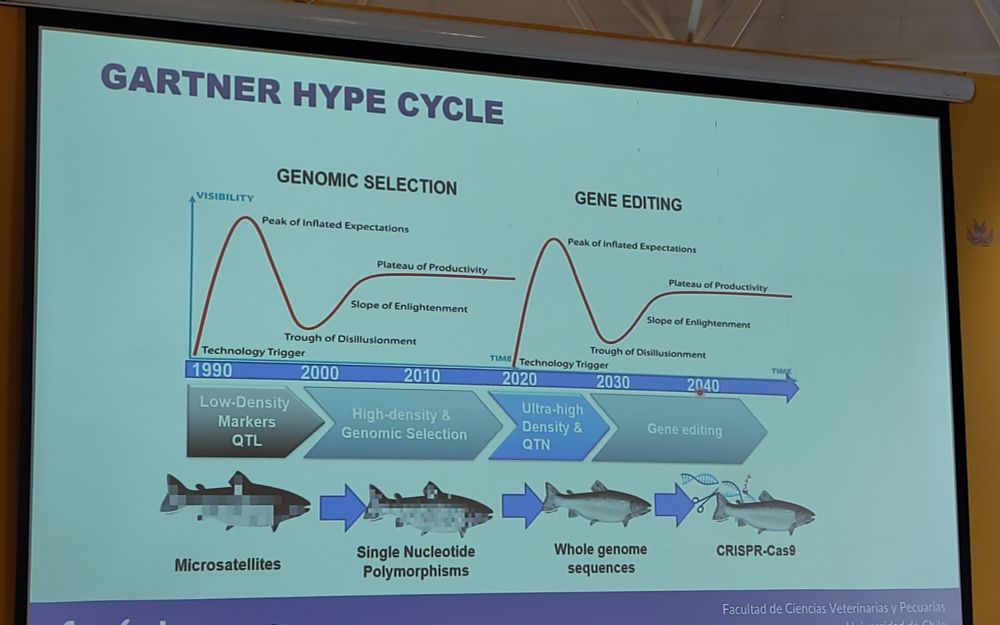
🧪🧬🖥️
There are a few posters as well to look at during the breaks and poster session 👀
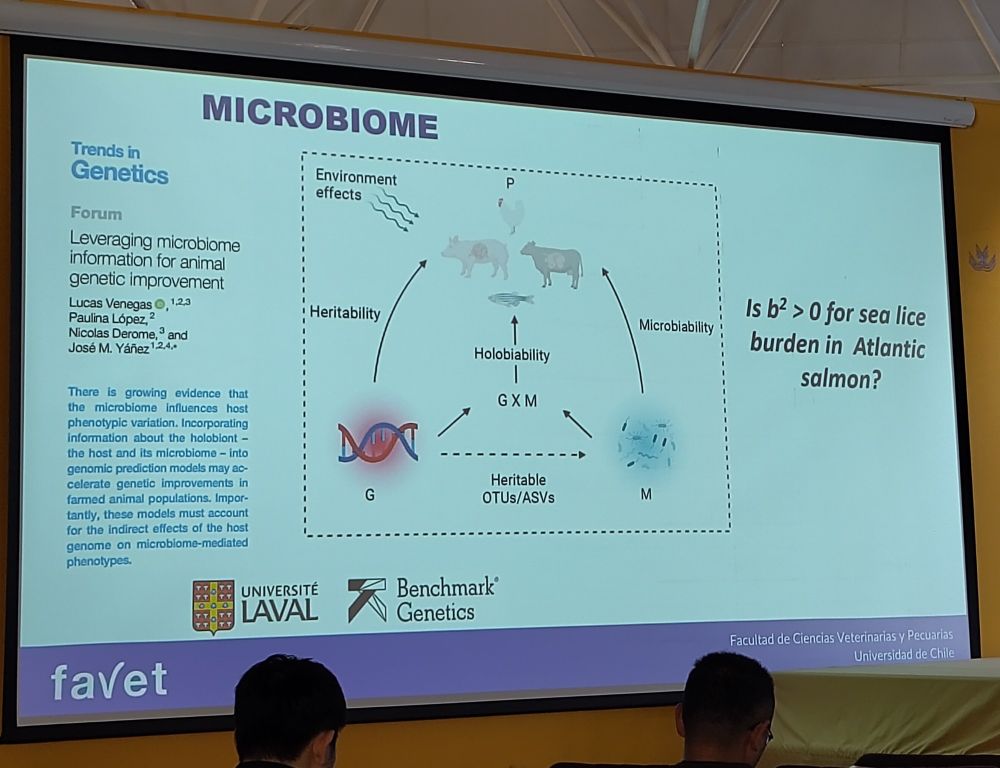
There are a few posters as well to look at during the breaks and poster session 👀
🧬🖥️
🧬🖥️
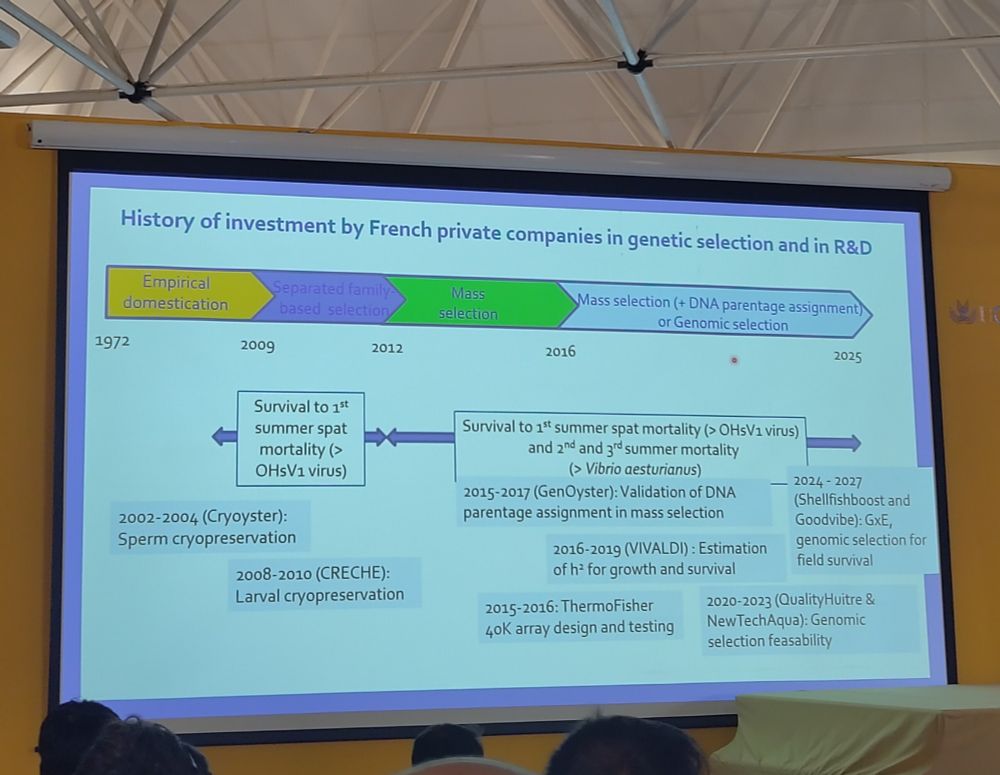
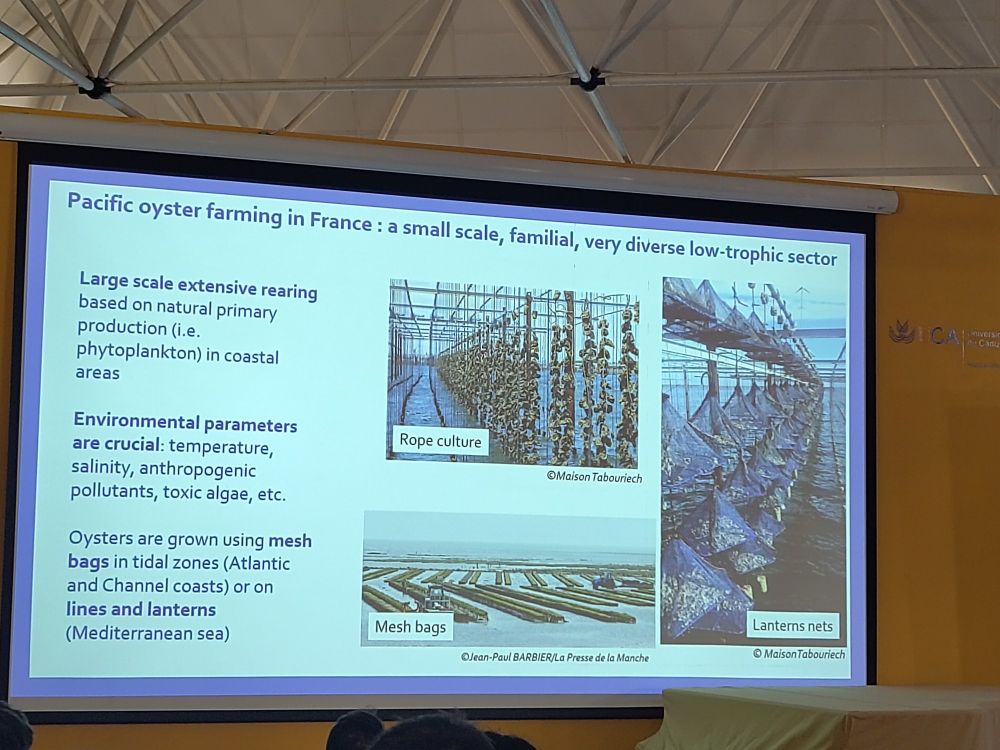
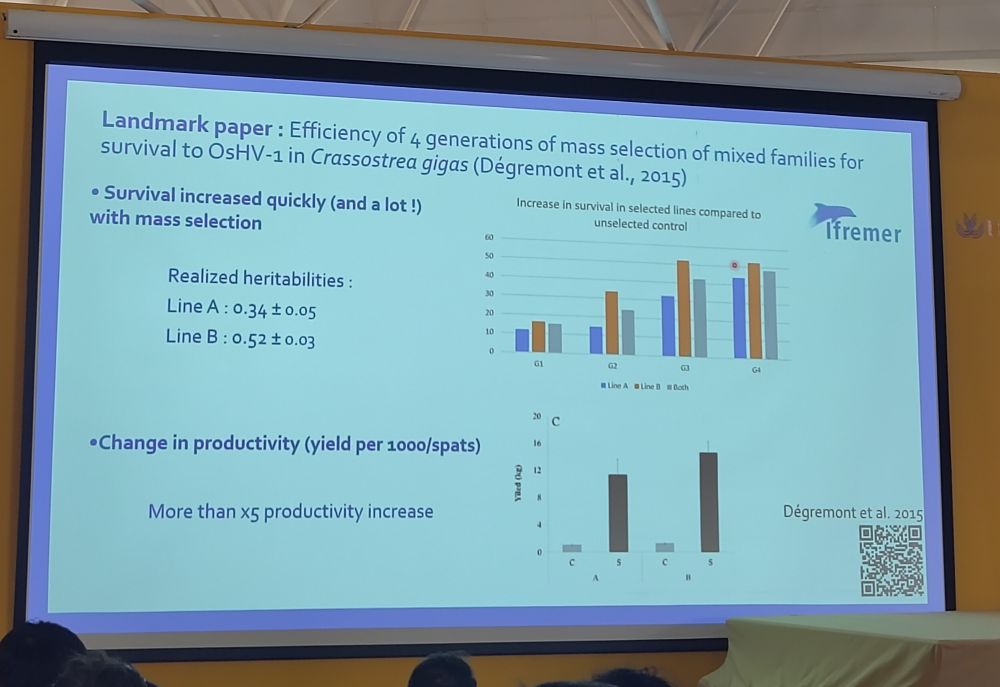
A super clever approach! I can't wait to read the publication! 🧬🐟
A super clever approach! I can't wait to read the publication! 🧬🐟
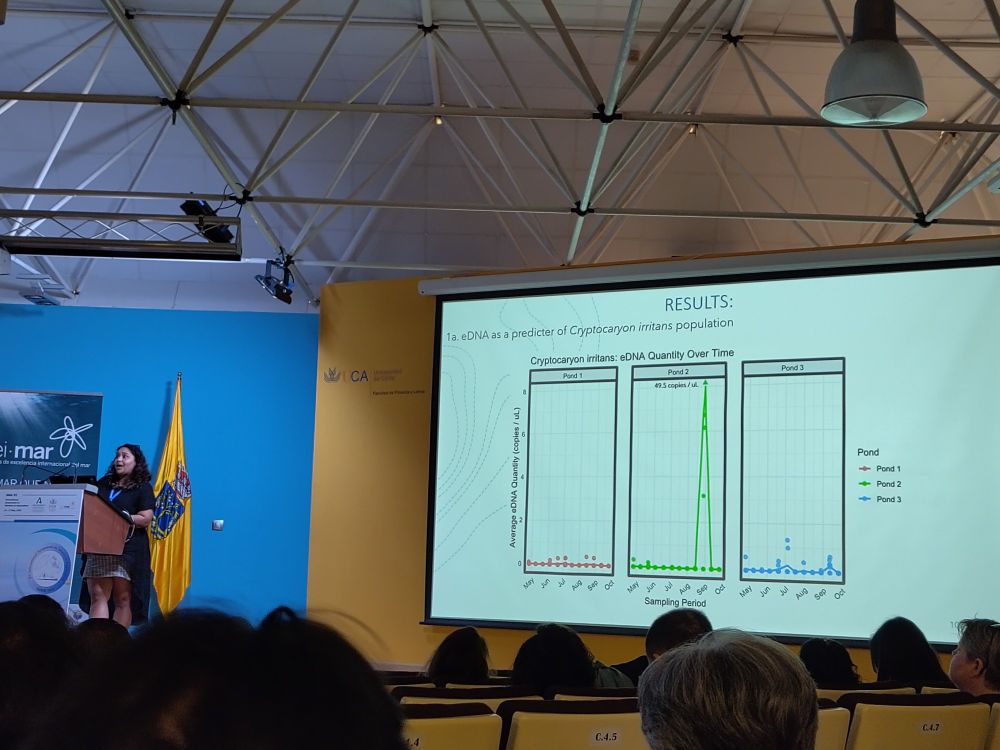
A lot to think about for a technology that will be part of the future of selective breeding for some aquaculture species and companies
A lot to think about for a technology that will be part of the future of selective breeding for some aquaculture species and companies
A work done with colleagues from #SYSAAF
A work done with colleagues from #SYSAAF

